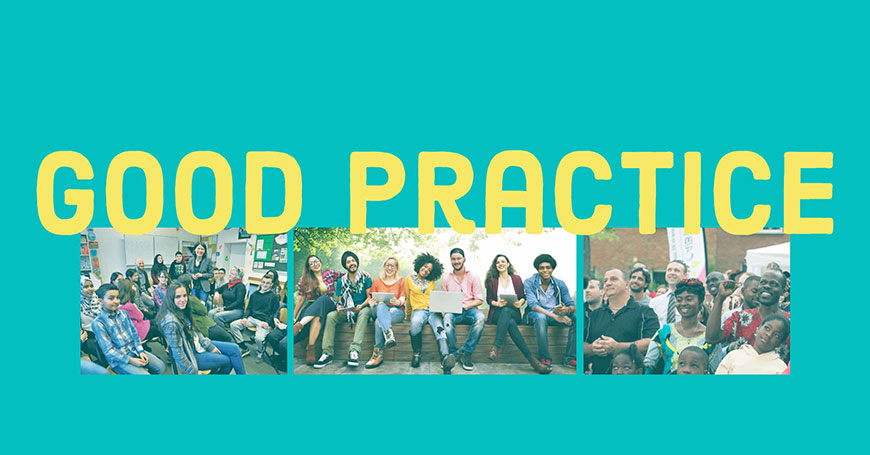Intercultural cities: good practice examples

The first step is the adoption (and implementation) of strategies that facilitate positive intercultural encounters and exchanges, and promote equal and active participation of residents and communities in the development of the city, thus responding to the needs of a diverse population. The Intercultural integration policy model is based on extensive research evidence, on a range of international legal instruments, and on the collective input of the cities member of the Intercultural Cities programme that share their good practice examples on how to better manage diversity, address possible conflicts, and benefit from the diversity advantage.
This section offers examples of intercultural approaches that facilitate the development and implementation of intercultural strategies.
Gender-based analysis plus (GBA+)
refers to the notion of intersectionality. It means that, in addition to gender-differentiated analysis, it is important to consider needs and differentiated effects in the light of other...
Bergen – a safe city for LGBTI refugees and citizens with migrant background
Purpose: As part of the plan The Rainbow City of Bergen: Plan for gender and sexual diversity 2023-2027, the city of Bergen includes information about the importance of taking responsibility for...
The Montreal Intercultural Council
The Montreal Intercultural Council (CiM) advises, and issues opinions to, the City Council and the executive committee on all issues of interest to the cultural communities and on any another...


